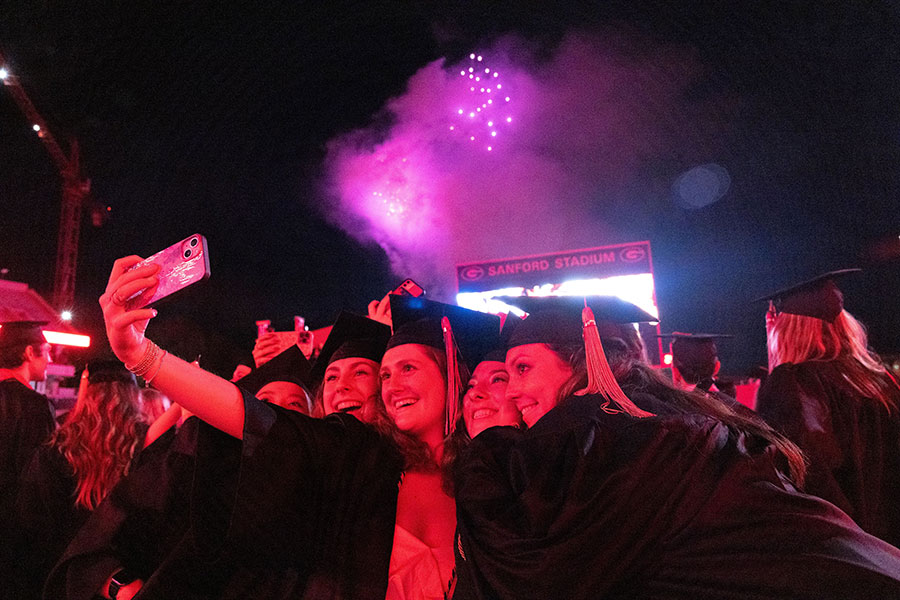By Stephanie Schupska
University of
Georgia
Project FOCUS – Fostering Our Community’s Understanding of Science – is a partnership between school districts and UGA, said David Knauft, a UGA College of Agricultural and Environmental Sciences professor. This partnership is increasingly important as schools struggle to meet federal government requirements in adequate yearly progress. AYP includes improvements in science test scores in middle and high schools.
“As of right now, there is no high stakes testing for science in the elementary schools, so teachers spend more time working with reading, math and language arts,” he said. “Our students help the teachers give more emphasis to sciences.
“One thing we realize is that the FOCUS students don’t always go back in the class for a second semester.” But after a UGA student has taught, the elementary school students are more “excited about science. The children tell our FOCUS students that they want to grow up and be scientists, just like the UGA students.”
In 2002, Knauft helped start the semester-long program in which UGA students teach elementary students science two days per week. FOCUS enrolled 40 students for the fall semester. The program, which started at Barnett Shoals Elementary School in Athens, Ga., now extends to several other schools.
Undergraduates must have 12 hours of science courses and a 2.5 GPA to apply, but Knauft sees majors varying from genetics to marketing.
Teacher appreciation
Recently, children studied different ecosystems in Wendy Weiglein’s kindergarten classroom at South Jackson Elementary School. During science center time, Rymer passed around rocks and shells with his group of four students.“They’re a lot of fun to be around,” Rymer said. He travels daily from his home in Kennesaw to attend classes at UGA and to teach.
Weiglein asked for a Project FOCUS teacher because she saw how the program helped another class. “They were always doing interesting things out in the hall with the students,” Weiglein said. “I wanted my students to have that … they’re always asking, ‘Is Mr. Gary coming?’”
FOCUS students have also learned to appreciate their partner teachers.
“The kids are the best thing about this program, and my teacher that I work with,” said Caitlin Walther, a senior psychology, pre-nursing major from Atlanta. “She is a saint in my eyes and has restored my faith in teachers.”
“Project FOCUS has given me a newfound respect for teachers,” said Tripp Wall, a fourth-year biology, pre-med major from Toccoa. He plans to become an anesthesiologist. “I never realized how much of a pain it could be to teach a classroom of students. I never realized that some students just cannot learn as fast as others.”
FOCUS helps students “improve their communication skills,” Knauft said. “If you can manage a class full of third graders … you learn to do a lot of thinking on your feet.”
The program also has students analyzing teaching methods. “Because the UGA students do a lot of active teaching, they’ve become a lot less tolerant of poor teaching in their own UGA courses,” Knauft said.
Hugs for grades
Project FOCUS helps promote science in a positive way to elementary students and teachers who work with UGA students. This positive emphasis has its rewards. “I get hugs for grades,” said Renee Pascale, a junior biology education major from Atlanta. “No other class has that in the curricula.”Back in Weiglein’s classroom, Rymer gets comments like: “Wow, you’re a giant.”
“I can sum [the experience] up like this,” he said. “I have been blessed in so many ways. I found a way I could help. I believe that these kids will someday be involved in shaping our nation. If I can be a positive influence, and help better someone’s life, why not?”
(Stephanie Schupska is a news editor with the University of Georgia College of Agricultural and Environmental Sciences.)






